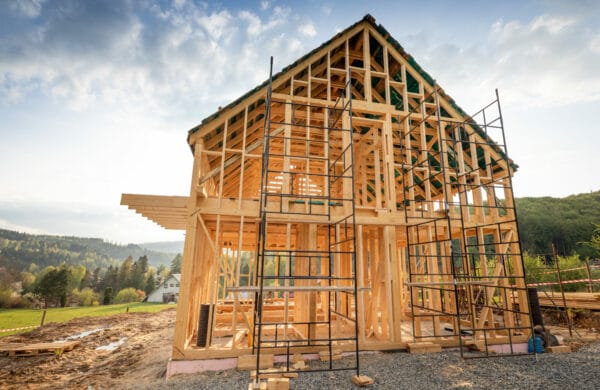
The housing shortages that plague most urban areas are a prime example of the complications that can arise when states take a back seat.
By Scott Beyer | Governing
Many political analysts believe that local government is the best government. The act of delegating responsibilities to states and localities is thought to increase accountability by putting governments closer to the people. But local governance can backfire, especially when parochial interests trump larger regional concerns. Nowhere is this more evident than in housing, where prices are skyrocketing in many U.S. cities.
Fast-growing cities, in particular, are struggling to accommodate population increases because zoning and other land use regulations can stop housing construction, causing shortages, price inflation and overcrowding. The obvious solution would be to change these regulations, but such efforts often meet resistance from the community, specifically homeowner groups who dislike the impacts of new development and have a vested interest in discouraging it to keep their own home values high.








